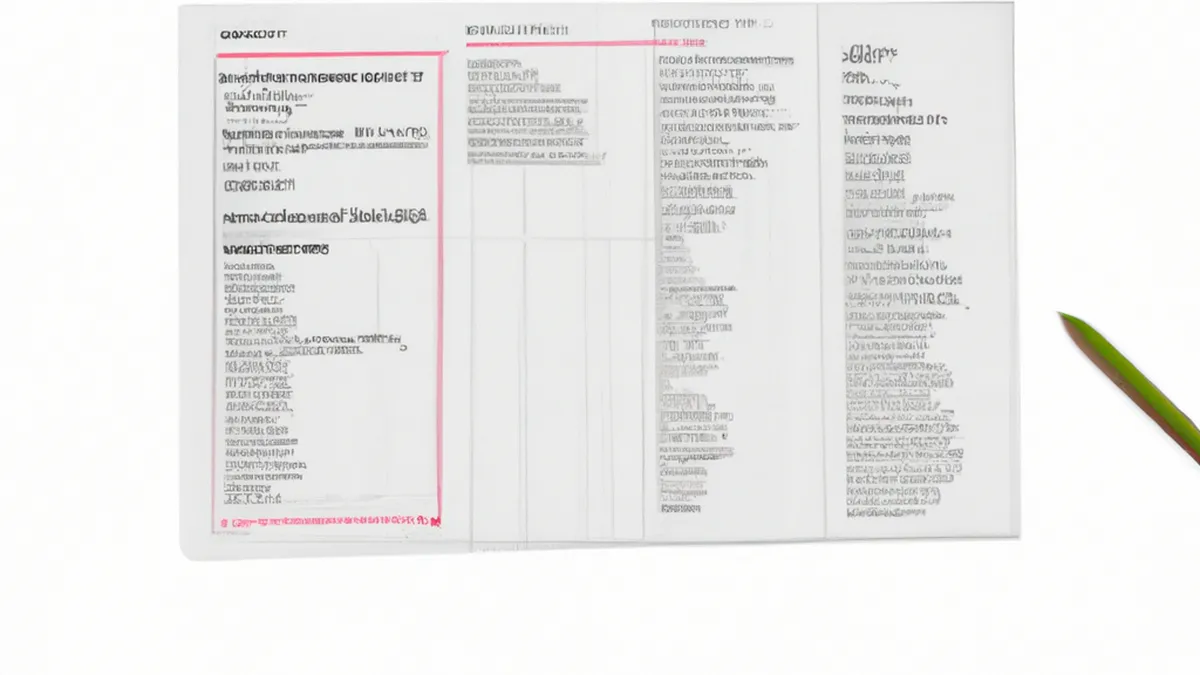Shift Your Training Focus with Smart Periodization
Crafting a Periodization Map to Overcome Training Plateaus
Plateaus in training can frustrate your fitness journey. You dedicate hours to workouts and follow your nutrition plan, but progress stalls. Fortunately, a well-crafted periodization map can help you break through barriers and reach your goals. This blog post explores periodization, offers tips for creating your map, and discusses implementation and benefits.
Understanding Periodization
Periodization involves systematic training cycle planning. It allows structured variations in intensity, volume, and training type over time. This approach prevents overtraining and burnout while keeping workouts engaging and effective. Adopting periodization helps your body adapt and grow stronger.
When you hit a plateau, your body has likely adapted to your routine. Introducing new stimuli through a structured periodization map can spark progress.
Tips for Crafting Your Periodization Map
Define Your Goals
Begin by clearly defining your training goals. Do you want to build strength, enhance endurance, or improve athletic performance? Your goals significantly influence your periodization map design. For example, a strength-focused plan emphasizes heavy lifting with lower repetitions. An endurance plan prioritizes longer sessions with lower intensity.
Choose the Right Phases
A comprehensive periodization map consists of several phases:
1. **Macrocycle**: This overarching plan spans several months to a year, outlining long-term goals and general training direction.
2. **Mesocycle**: Shorter training blocks, lasting 4 to 12 weeks, target specific adaptations like hypertrophy, strength, or endurance.
3. **Microcycle**: Weekly training sessions fall within a mesocycle. Microcycles break down the mesocycle into manageable units for detailed workout planning.
Organizing your training into these phases ensures a balance of intensity and recovery, crucial for avoiding plateaus.
Adjust Training Variables
After establishing your phases, adjust key training variables:
– **Intensity**: The weight or effort exerted during a workout, such as lifting heavier weights or incorporating high-intensity intervals.
– **Volume**: The total number of sets and repetitions completed, like increasing sets or reps over time.
– **Frequency**: Adjust how often you train each muscle group or perform specific workouts.
Conclusion
Crafting a periodization map helps you overcome plateaus and achieve your fitness goals. By defining your goals, choosing the right phases, and adjusting training variables, you can enhance your training effectiveness.
Below are related products based on this post:
FAQ
What is periodization and why is it important in training?
Periodization is the systematic planning of training cycles, allowing for structured variations in intensity, volume, and training type over time. It is important because it helps prevent overtraining and burnout, keeps workouts engaging and effective, and facilitates adaptation and growth in physical performance.
How do I start creating my own periodization map?
To create your own periodization map, start by clearly defining your training goals, such as building strength or enhancing endurance. Next, choose the right phases, including macrocycles, mesocycles, and microcycles. Finally, adjust key training variables like intensity, volume, and frequency to suit your goals and ensure a balanced training approach.
What are the benefits of using a periodization map in my training?
The benefits of using a periodization map include overcoming training plateaus, improving overall training effectiveness, and enhancing performance in your specific fitness goals. By systematically varying training parameters, you can keep your workouts fresh, prevent burnout, and ensure that your body continues to adapt and grow stronger over time.















Post Comment